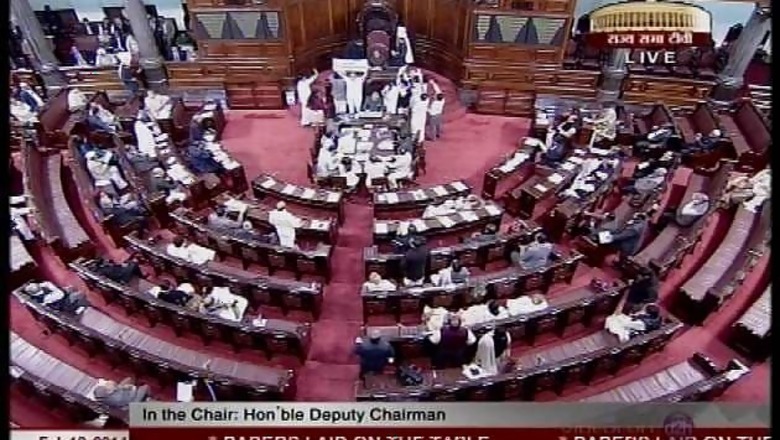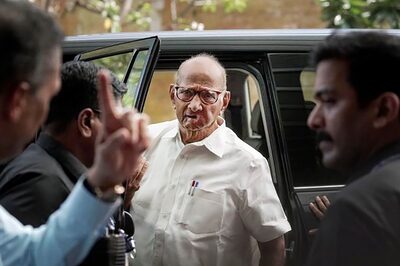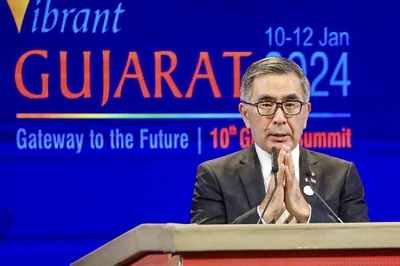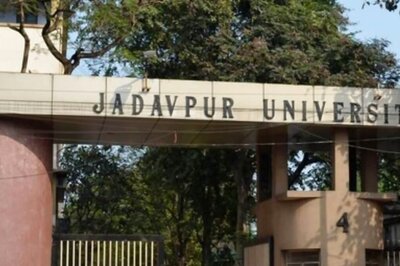
views
As compared to men, only a few women contested the just-concluded Lok Sabha elections, but percentage wise they performed better in getting elected to the 16th Lok Sabha.
The new Lok Sabha will have 61 women MPs -- the highest ever. The just-dissolved 15th Lok Sabha had 59 women MPs. According to data released by the Election Commission on Wednesday, out of a total of 8,251 candidates, only 668 were women.
Out of these, 61 got elected to the Lok Sabha. Percentage wise, 9.13 per cent of the total women candidates were successful. Of the 7,578 men who contested the polls, 482 emerged victorious.
In percentage terms, only 6.36 per cent were successful. In the 2009 Lok Sabha elections, 556 women had contested as compared to 7,514 men. A total of 59 women were elected to the 15th Lok Sabha as compared to 484 men, the data shows.
The latest general elections also saw participation of 464 political parties. This comprises six national parties, 39 state parties and 419 unrecognised parties. In the 2009 General Elections, 363 parties participated, comprising seven national parties, 34 state parties and 322 unrecognised parties.
The total number of registered parties was 1,687 before General Elections 2014; this comprised six national parties, 47 state parties and 1,634 unrecognised parties.
The total number of registered parties was 1,060 in 2009. The increase in the total number of parties from 764 in 2004 to 1,687 in 2014 has been largely due to the rise in the number of unrecognised parties from 702 in 2004 to 1,634 in 2014.




















Comments
0 comment